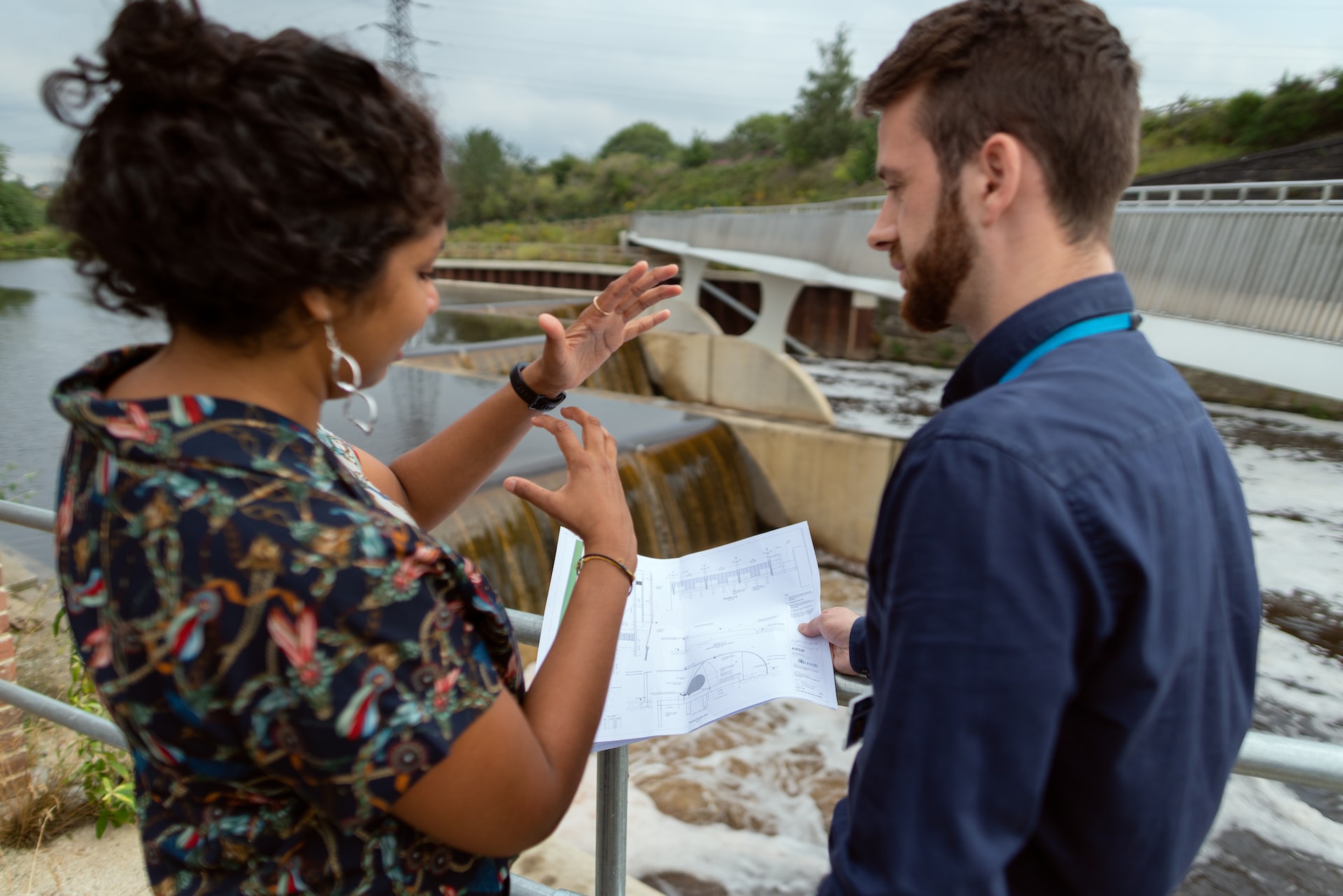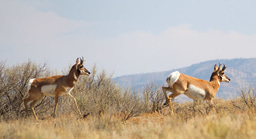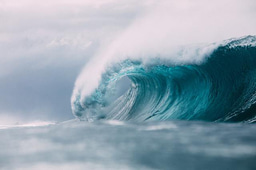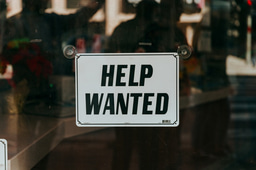Thinking about human-bear conflict, empowerment and trusting relationships with people is crucial.

Today at the catalyst table I have brought you @Andrea Fuentes Arze from Bolivia (Plurinational State of).
She is excited to be part of this network and learn from all participants. She is an environmental engineer working in wildlife conservation since 2021 through the "Jucumari Program". The purpose of this small community-based conservation project is to promote coexistence between the Andean Bear and its people, improving their quality of life. Right now, they are working with women artisans who make traditional textiles, testing a business model that helps them increase their income and support Andean bear conservation.
This year they will begin a deliberative process with cattle owners to understand their concerns and find solutions to reduce the risk of bears' attacks on their cow and their crops. They are also beginning to monitor the bear’s occupancy in the area to understand its seasonal movements and interaction with private property.
She believes that her training as an environmental engineer help her see a wide perspective of conservation issues, especially those related to human-wildlife conflict.

I recently had an interview with Andrea, please find it below:
Ussi:👨🏽💻
What Is Program Coordinator?
Andrea: "As project coordinator of the Jucumari Program, I work in synchrony with my team proposing, implementing, and leading flexible strategies to accomplish our goals".
Ussi:👨🏽💻
What is the role of a Programme coordinator?
Andrea: "My role as program coordinator is to give my team adequate resources and tools that motivate them to work efficiently in a collaborative and interdisciplinary environment. It means that I need super organization skills and a complete understanding of where are we going with every step of the program. In my particular case, we call ourselves “Coordinators” because we usually respond to bigger organizational structures, but in practice supporting organizations are limited in time, money, and people. Therefore, leading projects becomes a completely autonomous role in which we need to look for our income, and sponsors and manage all aspects of a project. So, coordinator roles become very similar to manager roles. I believe this may be alike in many Latin American contexts, overall, with small ideas that become projects and are not part of experienced wildlife conservation organizations"
Ussi:👨🏽💻
How did you hear about WildHub and why did you join?
Andrea: "I heard about WilHub thanks to the LinkedIn platform, through a post by Thirza. Once I got on the page, I was very excited about the collaborative concept and the idea of connecting with other conservation practitioners. What motivates me the most to be a part of WildHub is the idea of sharing stories, finding inspiration, and mentoring.."
Ussi:👨🏽💻
Based on your professional background, what are the top 5 lessons you can share with us?
Andrea👇🏼
📖"Here are the top five lessons I learned from my 2 years leading a community-based conservation project in Bolivia"
- Provably one of the most important lessons I learned during this process was the realization that local communities have great needs and must be included in any decisions made where they live.
- Thinking about human-bear conflict, empowerment, and trusting relationships with people is crucial. We, as project leaders and teams, are the “experts” in many areas, and we rely on science and methods that prove to be working with the species, ecosystems, and regions that we work in. However, in order to make sustainable changes for the species, the decisions have to come from people. In that context, we need reliable information to facilitate the deliberation process with local communities which should lead to reduced conflict scenarios.
- Be flexible with planning and keep an eye out for new opportunities. The political scenarios in Latin America are really complex and have a great influence on our agendas. They could even influence our agreements with local authorities! It happened to us a few times and I realized that it is better not to force things that are not in our control and to change strategies along the way when a door closes.
- Regarding economic sustainability, which is vital in independent projects. I think we need to embrace our context and diversify our skills, going beyond competitive funds and exploring collaborative platforms, networks, and sustainable business.
- Patience, presence, patience! We must be able to enjoy and accept each step of the process and be patient and realistic with the results. What works for me is that I not only follow a goal but a purpose in life.
Ussi:👨🏽💻
I would love to hear more about how you came to be an expert in project program management.
Andrea: "Becoming an expert is an ongoing process for me, in which self-confidence, experiencing other conservation contexts, and following the guidance of a mentor are essential. My previous positions as Environmental Safety Manager and Cafeteria Manager (I know! Not related to wildlife conservation at all), gave me important teamwork skills, problem-solving abilities, and an interdisciplinary mindset. Also, my experience working and volunteering in conservation projects in Bolivia and Argentina showed me the passion and commitment necessary to carry out a project, from the idea to the realization. However, I think one of the most influential factors is mentoring and self-confidence. I think it is important to listen carefully to the opinion of people that one admires and to be able to confidently apply the decisions that we consider correct since only one understands the particular context of each project"
Ussi:👨🏽💻
How does your work impact other people in conservation?
Andrea: "I believe our work inspires young conservationists to look for leadership roles in wildlife conservation and gives them the confidence to work closer to local communities"
Ussi:👨🏽💻
Is there something that would make WildHub even better for you or people you know?
Andrea: "Information in Spanish would be great!"
Ussi:👨🏽💻
Thanks, Andrea, for sharing your insights and wisdom with our WildHub members and many others around the world, I particularly like your perspective or insights on the project program management by bringing people together in a holistic way to create positive action for biodiversity.




Please sign in or register for FREE
If you are a registered user on WildHub, please sign in